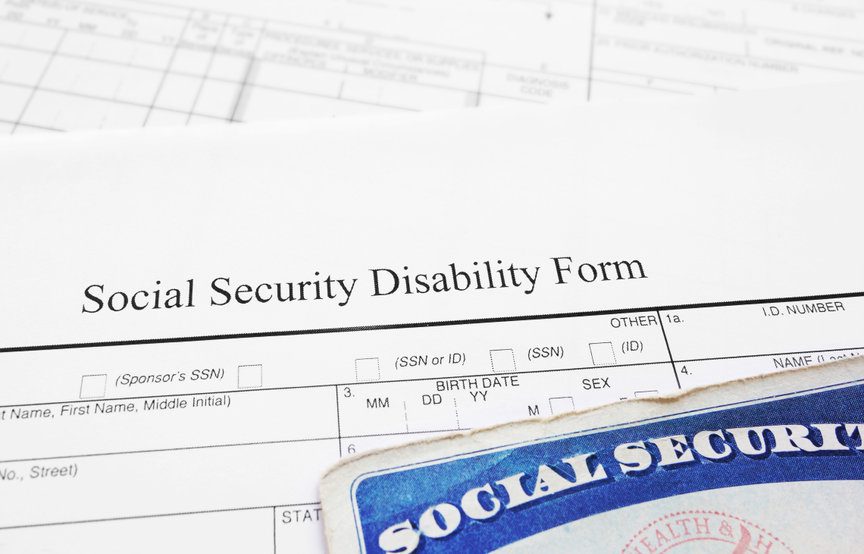Social Security Disability Insurance (SSDI) provides a monthly income if a qualifying medical condition, such as an injury or illness, prevents you from working. Because it is a government program, however, owing back taxes may affect your eligibility and the amount of money you receive from SSDI.
Here is what you should know about Social Security disability payments if you are disabled and owe back taxes.
What Are Social Security Disability Benefits?
Social Security is an entitlement program that all of us pay into while working. You help fund the program via a payroll deduction. Then you can receive benefits from it when you reach retirement age, or you suffer an injury or illness that prevents you from working. Your monthly disability benefit amount depends on a few factors. These include how long you worked before filing for disability and how much you have paid into the program.
Can I Get Social Security Disability if I Owe Back Taxes?
You can still qualify for SSDI payments if you are disabled and owe back taxes, but you might receive less money. While your Social Security income is protected from garnishment by most creditors, that doesn’t apply when you owe money to the federal government. Thanks to a 2002 law, the IRS can seize a portion of your disability payments to help pay off your back taxes.
Can the IRS Take Your Social Security Disability Check and Garnish Disability Payments if You Owe Back Taxes?
The IRS can garnish your Social Security disability payments and take your SSDI disability back pay to satisfy a tax debt even if you are disabled and owe back taxes. They will likely do so if you do not make suitable arrangements on your own to pay. That is why we recommend working with an experienced and competent tax professional who can help with tax relief costs and services. (Yes, we can help you!)
How Will the IRS Notify Me Before Garnishing Disability Payments?
The IRS must notify you by mail at least 30 days before they plan to garnish your SSDI payments. If you’ve received such a notice from the IRS, it isn’t too late to make payment arrangements. Doing so helps you avoid having the IRS take your Social Security disability check and garnish SSDI disability payments. Use the 30-day grace period to work with a tax professional on a repayment plan or tax forgiveness program.
What Percentage of My Social Security Disability Check Can the IRS Take?
The IRS may garnish up to 15 percent of your Social Security disability payment each month. That doesn’t mean they’ll always take the full amount of your disability check. It depends on how much you owe and the amount of your monthly Social Security disability benefit. If the IRS notifies you that they plan to garnish 15 percent of your disability payment, you have the option to try to negotiate a lower percentage.
How Can I Protect My Social Security Disability From the IRS?
There are two ways to protect your SSDI benefits from IRS garnishment. The first is the simplest, though it’s not always possible: pay off your tax debt. The second is to find a tax relief program.
Pay Your Tax Debt
If you have the means to pay off your tax debt, it is in your best interest to do it. The IRS is not like the annoying debt collector who calls about your old cell phone bill. You can’t make them go away by sending a cease-and-desist letter or filing a dispute with the credit bureaus. Your tax debt will hang around until it is paid off.
Find Tax Relief
Although the IRS may not offer complete tax forgiveness for disabled, it does provide tax relief services to help you pay. If you are disabled and can’t pay your back taxes in full, several Fresh Start programs can help you settle with the IRS and avoid having your disability payments garnished. You may qualify for an Offer in Compromise, in which the IRS agrees to accept a lower amount than what you owe. Other possibilities include a monthly Installment Agreement, or a deferral or forbearance based on Hardship Status. All of these IRS relief programs can help you settle your tax debt in lieu of total IRS debt forgiveness for disability.
Need Back Tax Help?
Call us today at (866) 568-4593 to learn more about how we can help, or start here to take our free online evaluation.
6 Simple Questions. Free Evaluation.
Join our Newsletter
Enter your email address to join our free newsletter. Get all the latest news and updates.

